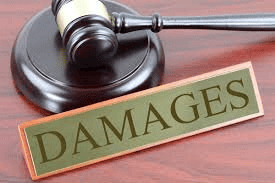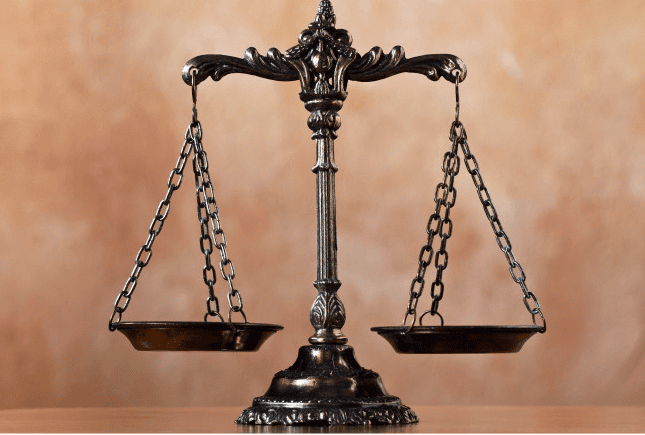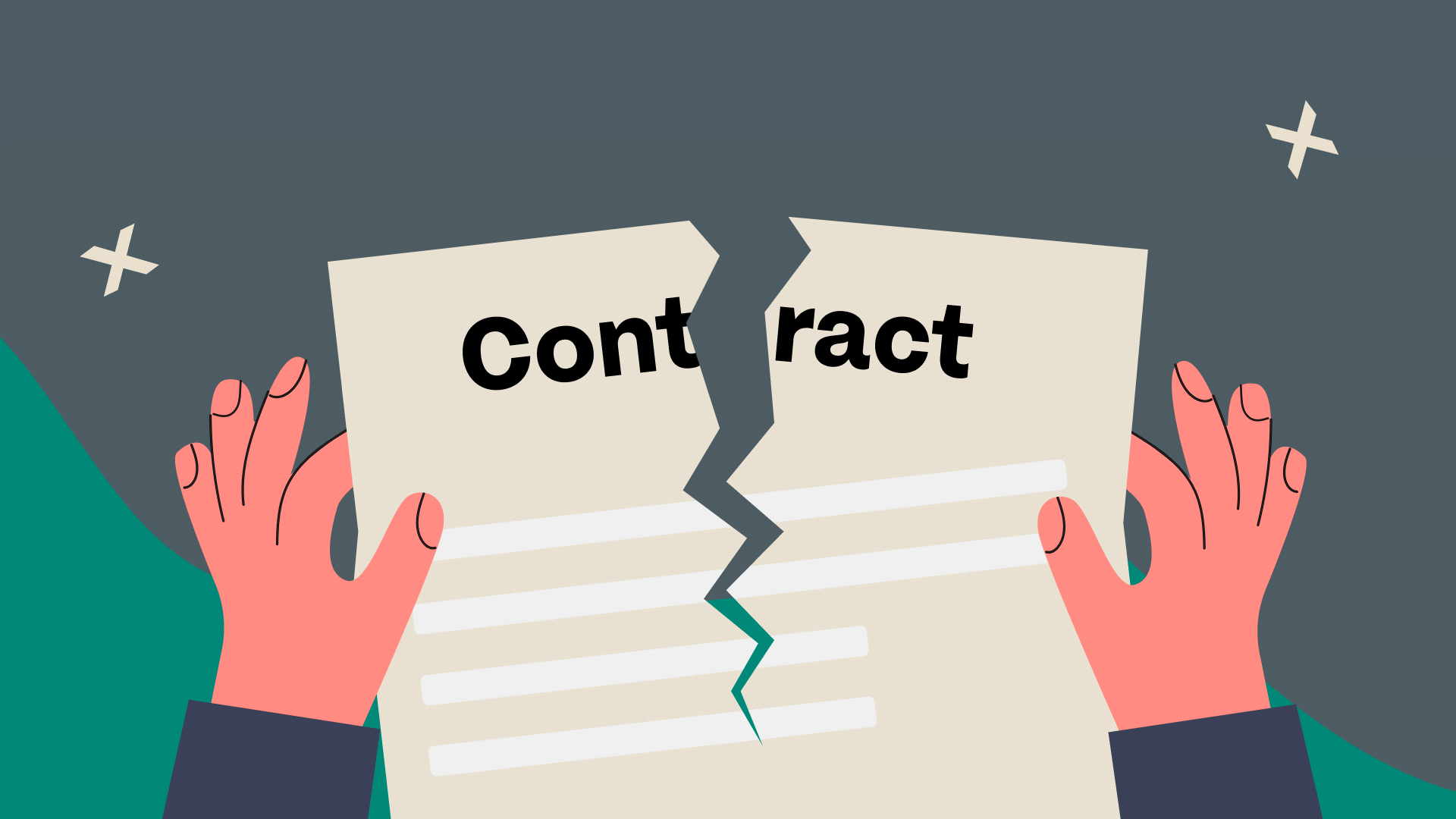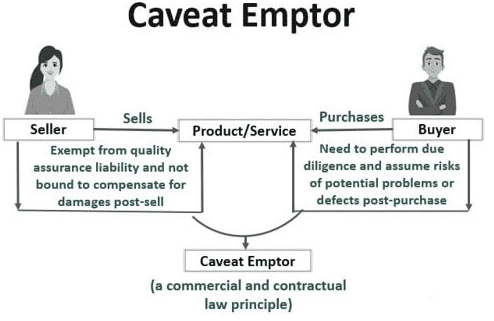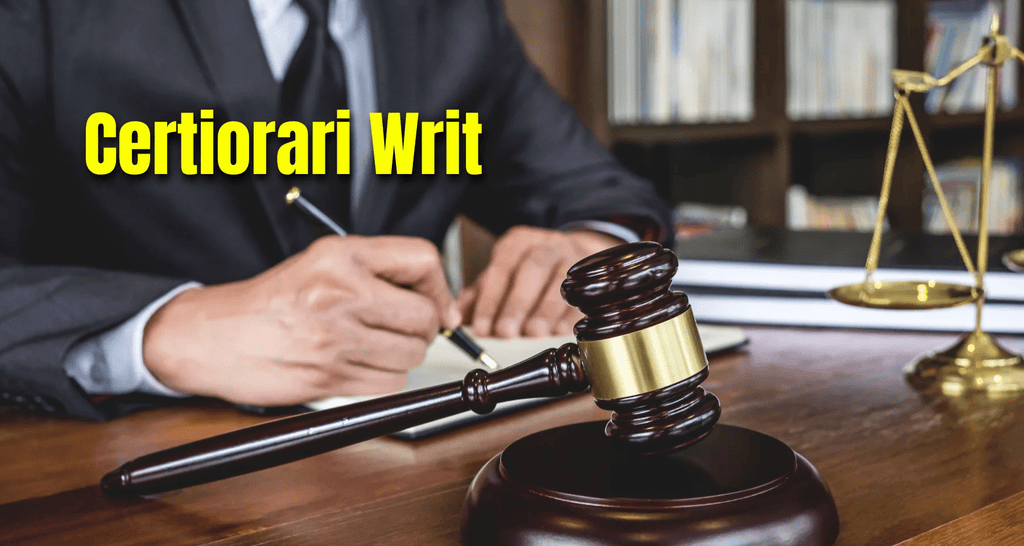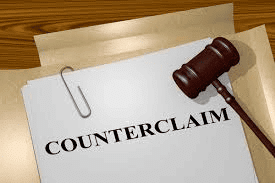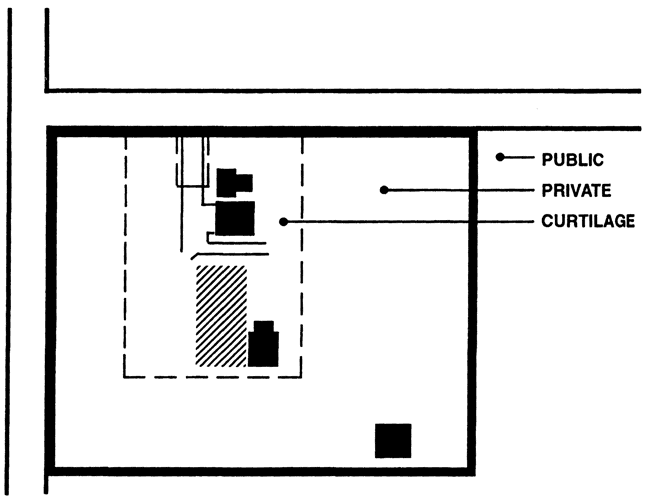|
Card: 2 / 42 |
An Administrator is a person appointed to manage the property of another, such as the estate of someone who has died without leaving a will. |
|
Card: 3 / 42 |
Fill in the blank: Aggravated damages are awarded by a court when a defendant's behavior is particularly ___ towards the plaintiff. |
|
Card: 5 / 42 |
The principle of 'Audi alteram partem' ensures that ___ has a right to be heard in legal proceedings. |
|
Card: 7 / 42 |
A breach of contract occurs when there is a failure to fulfill ___ of a contract. |
|
Card: 9 / 42 |
Fill in the blank: The ___ of proof requires a party to a court action to prove something, otherwise the contrary will be assumed by the court. |
|
Card: 11 / 42 |
Caveat emptor means ___ and serves as a warning to buyers regarding their purchases. |
|
Card: 14 / 42 |
Certiorari is a form of judicial review whereby a court is asked to set aside the decision of an administrative tribunal or public organization, typically used when the lower tribunal's decision breaches the rules of natural justice. |
|
Card: 15 / 42 |
Fill in the blank: A class action is a legal action taken by a number of different persons where the facts and the ___ are similar. |
|
Card: 17 / 42 |
Clayton’s Case established a presumption that money withdrawn from an account is presumed to be debited against the money first deposited. True or False? |
|
Card: 21 / 42 |
True or False: A counterclaim is a claim made by the plaintiff against the respondent in the same action. |
|
Card: 23 / 42 |
A written document transferring property from one person to another is known as a ___. |
|
Card: 26 / 42 |
A covenant is a written document in which signatories agree to do (or not to do) something, commonly found in leases regarding the obligations of landlords and tenants. |
|
Card: 27 / 42 |
In a trial, the questioning of a party’s own witnesses is referred to as ___ and questioning the other side’s witnesses is called ___. |
|
Card: 29 / 42 |
True or False: A party is allowed to ask leading questions to their own witnesses during examination-in-chief. |
|
Card: 32 / 42 |
The land around a dwelling house used by the occupants for enjoyment or work, potentially including enclosed areas and outhouses. |
|
Card: 33 / 42 |
True or False: The passage indicates that the time taken to resolve cases in Indian courts is unrelated to the number of pending cases. |
|
Card: 34 / 42 |
False. The passage suggests that the large number of pending cases is interconnected with the prolonged time taken to resolve them. |
|
Card: 36 / 42 |
It refers to a deviation, abnormality, or irregularity from the norm in legal proceedings. |
|
Card: 37 / 42 |
Which authority has the jurisdiction to transfer a case between states in India? |
|
Card: 38 / 42 |
The Supreme Court has the jurisdiction to transfer cases between states to ensure justice and maintain impartiality. 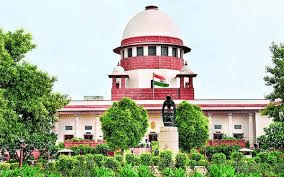 |
|
Card: 39 / 42 |
True or False: High Courts have the authority to transfer cases between Indian states. |
|
Card: 40 / 42 |
False. High Courts do not have the authority to transfer cases between states; only the Supreme Court can do so. |
|
Card: 42 / 42 |
The judiciary, as it is the judiciary that grants bail and the failure refers to perceived inadequacies in the judicial system. |




